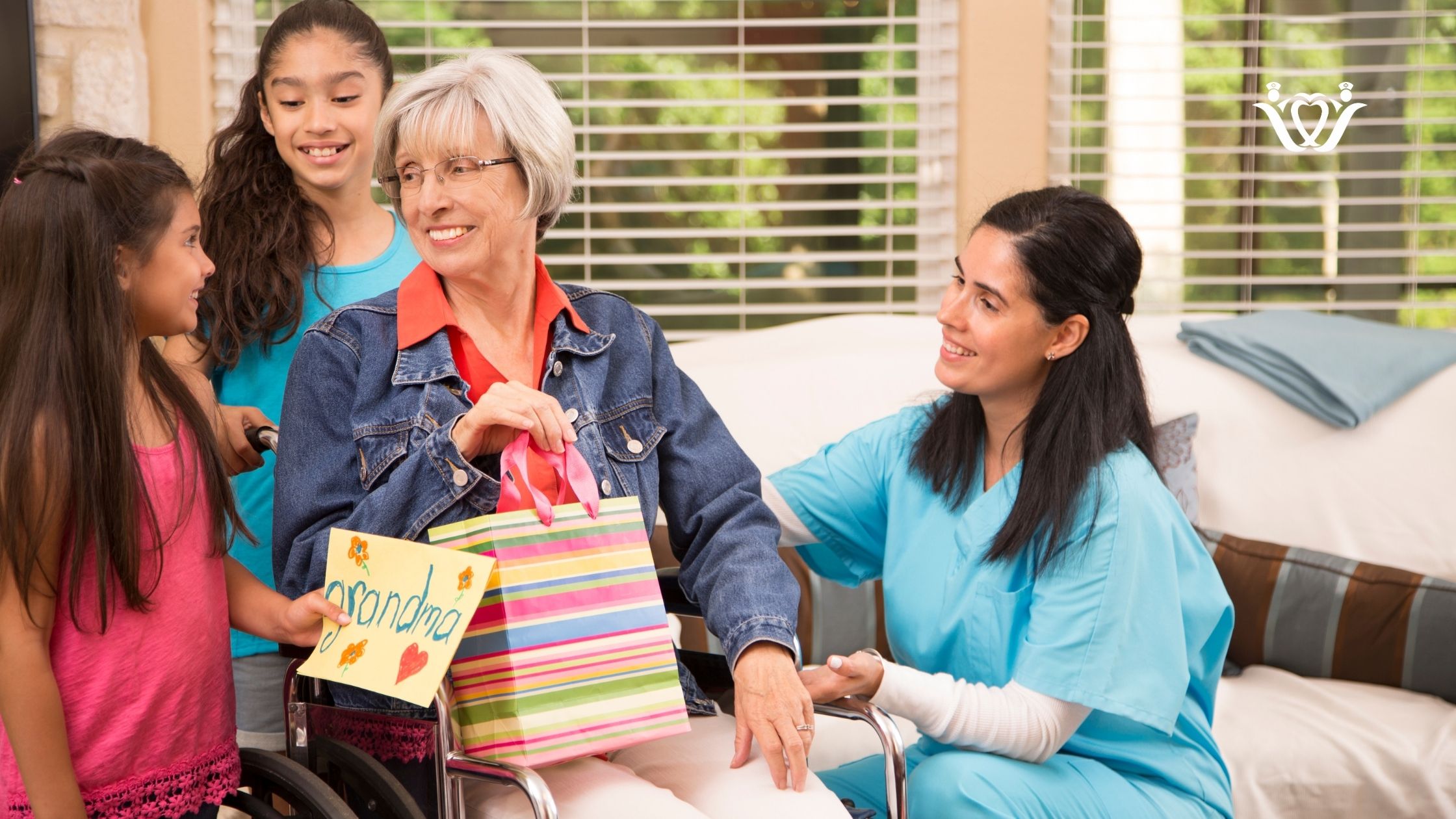
In the heartwarming yet challenging world of home health care, striking the right balance between compassion and professionalism is essential. Home Health Aides (HHAs) are not just caregivers; they are lifelines to their clients, offering support that goes beyond basic medical needs. This blog post focuses on the key skills required for HHAs to master this delicate balance, ensuring they provide the best care while maintaining professional integrity.
Empathy: The Heart of Home Health Care
Empathy stands at the core of compassionate caregiving. Understanding and sharing the feelings of others is crucial in developing a strong and trusting relationship with clients. For an HHA, being empathetic means:
- Actively listening to clients and responding to their emotional and physical needs.
- Being patient and considerate, especially in challenging situations.
- Providing comfort and reassurance, which is particularly important for clients who may feel vulnerable or isolated.
Communication: A Two-Way Street
Effective communication is vital in the caregiving process. It involves more than just talking; it’s about ensuring that information is clear, concise, and compassionate. Good communication skills include:
- Clearly explaining care plans and procedures to clients and their families.
- Being an active listener, giving full attention to what the client is saying without rushing to respond.
- Being sensitive to non-verbal cues, which can be especially important when caring for clients who have difficulty expressing themselves verbally.
Professional Boundaries: Maintaining a Balance
While forming close bonds with clients is natural, HHAs must also maintain professional boundaries. This ensures that the relationship remains therapeutic and beneficial. Key aspects include:
- Understanding the limits of the caregiver-client relationship and maintaining a professional distance.
- Respecting privacy and confidentiality at all times.
- Avoiding personal involvement in the client’s personal affairs.
Adaptability and Problem-Solving: The Keys to Flexibility
Each client is unique, and so are their needs. HHAs must be adaptable, able to think on their feet, and skilled at problem-solving. This includes:
- Being prepared to adjust care plans as needed.
- Creatively solving problems that arise in day-to-day care.
- Being resourceful in finding ways to meet the client’s needs effectively.
Lifelong Learning: Growing in the Role
The healthcare field is constantly evolving, and HHAs must keep pace with new developments. Continuous learning and professional development are essential, including:
- Participating in ongoing training and education.
- Staying updated on new techniques and best practices in home health care.
- Seeking feedback and learning from experiences.
Conclusion:
Balancing compassion with professionalism is not always easy, but it’s a skill that every successful Home Health Aide must develop. At WeCare Home Caregivers Inc. CHHA Online School, we understand the importance of this balance and provide our HHAs with the training and support they need to excel in both. By fostering these key skills, our HHAs are equipped to provide the highest level of care, making a real difference in the lives of those they serve.






0 Comments